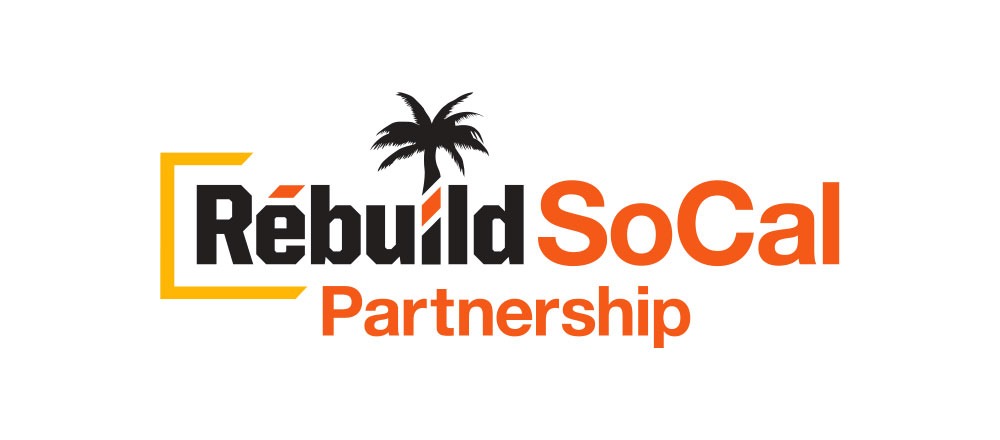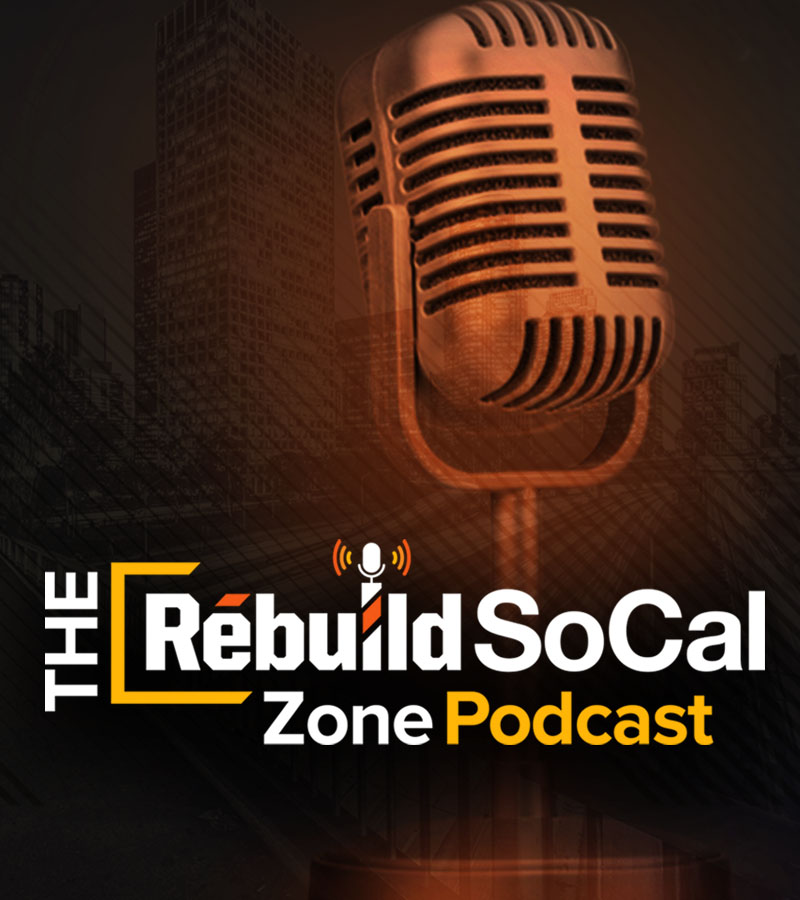Funding for Improvements, Jobs
Gov. Gavin Newsom’s record-busting $262.6 billion state operating budget includes “unprecedented” levels of state spending on public transportation and the biggest economic recovery package in California’s history. This means that funds earmarked for transportation are much more than simply having the money for infrastructure projects to progress.
“These budget actions will expand California’s leadership on clean transportation, create good paying jobs, and build more equitable communities across the state,” California Transit Association (CTA) Executive Director Michael Pimentel said in a press release.
It will also fuel the state’s economy after the hard hit of the pandemic. A statement from the governor’s office states he “believes California can’t go back to normal, because normal was never good enough.”
Aiming toward zero
Funding from the budget will provide significant support for critical zero-emission vehicle and infrastructure programs. More than $3.5 billion helps fund the following:
- $1.4 billion for electrifying medium- and heavy-duty vehicles on California roads to clean the air, including 3,000 zero-emission drayage trucks, school buses, and transit buses;
- $415 million to deploy the necessary charging infrastructure for those vehicles;
- $400 million for equity-focused transportation projects like Clean Cars 4 All, which enables low-income Californians to scrap their old car and replace it with a new or used option that is less polluting and more efficient;
- $500 million for the California Energy Commission’s (CEC) Clean Transportation Program deploying charging infrastructure for light-, medium-, and heavy-duty vehicles;
- $525 million for consumer rebates for new ZEV purchases through the Clean Vehicle Rebate Project; and
- $250 million for zero-emission manufacturing.
This spending not only helps accelerate the adoption of electric vehicles (EV) across California, but works toward the state’s long-term air quality and climate goals. Additionally, the charging infrastructure that is required for EV expansion is estimated to support approximately 71,500 job-years over the next decade, including roles such as production, transmission and distribution, engineering, planning and construction, and inspection and certification.
(Note: According to the Mercury News, “Job-years is an excellent tool to calculate the amount of work needed to complete a project. A job-year is one year of work for one person; a new construction job that lasts five years is five job-years. It is a more precise measure because an individual job may last for six months or a year or forever.”)
Cleaning up CA
Additionally, California’s $1.1-billion plan to clean trash and graffiti from highways, roads and other public spaces, is creating up to 11,000 jobs. “These entry-level jobs are on the frontline in the fight against litter. So some of these people you see here today, tomorrow may be wearing a hard hat and a vest keeping our highways clean,” Gustavo Dallarda, Caltrans Dist. 11 Director, told KPBS during a recent job fair in San Diego.
While trash removal is nice for the eyes, it has a much larger impact on our communities and environment at large. Garbage near roadways often attracts animals that then present a hazard in traffic. Trash clogs storm drains and creates flooding issues, or it moves through pipes to contaminate nearby water sources. Trash removal is also necessary before mowing can be done. Caltrans maintains many of the roadways and has struggled to keep up with the amount of litter. Last year alone, the agency collected 270,000 cubic yards of trash, enough to fill 18,000 garbage trucks.
Transportation funding
Caltrans estimates that approximately 11,000 jobs are created for every $1 billion spent on transportation infrastructure. To date, the agency has “used its share of the additional SB 1 revenues to accelerate projects and support creation of new jobs in the transportation sector.” Budget investments will now help advance opportunities.
In this budget, there is $1.1 billion slated for highway improvements, $1 billion for rail and transit projects, $500 million for city and county active transportation projects, $400 million for climate adaptation on transportation infrastructure, and $500 million for grade separation projects. Metro and other transit agencies would also have an opportunity to apply for grants from $1 billion set aside by Newsom for “priority” transit projects.
“This budget does not get us back to normal, as that was not our intent,” said state Assemblyman Joaquin Arambula, (D-Fresno). “Instead, it gets us to a better place by making transformative change for Californians.”
Stay up-to-date on transportation and other important infrastructure issues by signing up for the Rebuild SoCal Partnership newsletter. Follow us on Facebook, Twitter, and Instagram, and listen to The Rebuild SoCal Zone podcast.

